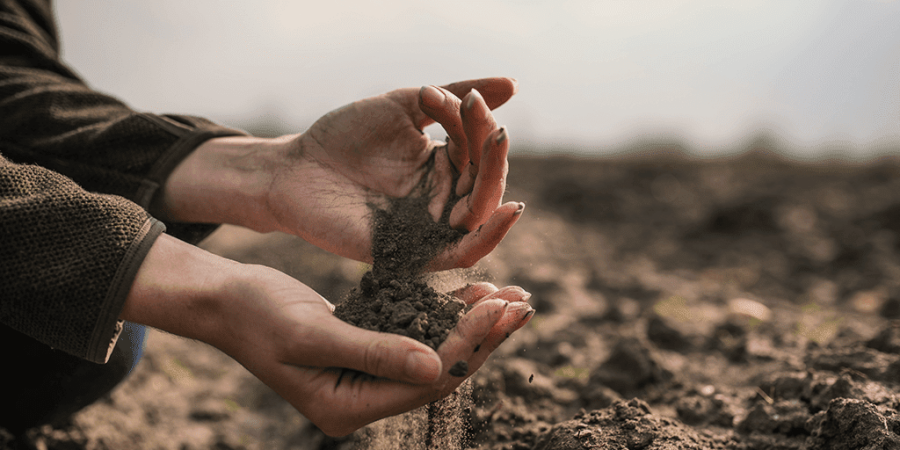

Here is something serious no one giving enough attention to.
India got independence 75 + yrs ago but our mind is still occupied with all they wanted .
India's people have faced the impact of colonialism on their minds. The colonial rule left a lasting influence, shaping perspectives and attitudes. It's a complex issue as it has affected various aspects of society, culture, and identity. The colonial experience has influenced how some people view themselves and the world around them, impacting their perceptions and behaviors.
People are still obsessed with the west side and their behaviour and try acting more like it . In schools only English is preferred and people find it cheap to talk in their mother tongue or regional language . More than 30 % of India according to studies prefer English as their first language .
In my own school fine was taken if a child was caught talking in any other language excluding English . It's understandable that English can be useful as it's a universal language but one can not choose it over their regional language. I myself have English as my first language and hate the fact also I am not that confident in talking in my regional language .
Here it's not only bout language. It's wider . There are more fields where people praise the west side . Wearing shoes in chennai ? In such a hot area ? Socks and ties ? They were worn to keep people warm in cold weather and so were shoes and socks used to block cold air entering . India is one of the hottest countries out there . Explain me how does any of this make sense . People don't understand what is right and wrong today . When one thing is done of too long it's considered right . It's understandable when people in North India like Himachal and Kashmir follow these rules like wearing ties and socks . The weather differ widely. People prefer oil instead of ghee as it sounds more classic while it's a fact said a English man itself that only after the British occupation cancer and other heart issues were taking over India's health . Since most of our gurukuls and great books were destroyed I cannot expect people to completely change lifestyle of kalyug to sathyug but this blog is only for you to know you can be proud of your soil and atleast respect both equally.Ive only stated few general facts which might help 4 people out there considering their soil lowley but its only you would never know how dark and deep Indian history is .
I here am not trying to show the west side low but only thing to make a better place for your soil in your heart , if only it's gonna make human life better . Wonder what would've been that great in our books that they had to totally destroy it to stop India's development . My own teacher once in class praised the British rule over India saying it developed it . Ofc only distraction has happen and downfall but even if it was development you'd only be salves. It's not hate one is trying to spread by saying such things but trying to stop this foolish people spreading foolishness.
People find it awkward to only follow their own ways in their own soil . Students are forced to eat with spoons while are ancestors taught us to eat with hands . Are you saying their path is wrong ? In day to day life most of you are expected from your higher officials to act more like the western people. From Sitting on a chair to every other thing .
diving deeper into this topic reveals the intricate layers of colonialism's impact on the Indian psyche. The colonial rule not only altered political and economic structures but also deeply ingrained notions of inferiority and superiority. This historical experience has led to a complex interplay of cultural identities, where some individuals may still carry traces of colonial mentality in their thoughts and actions. It's crucial to understand this phenomenon to navigate the nuances of contemporary Indian society and foster a more inclusive and empowered collective mindset.The colonial legacy in India has left a profound mark on the people's mindset. It's a multifaceted issue, impacting self-perception, societal norms, and cultural identity. Understanding and addressing these deep-rooted influences are crucial steps towards fostering a more liberated and authentic sense of self.I get your curiosity! The colonial legacy in India runs deep, shaping how people perceive themselves and the world. It's like a hidden thread woven into the fabric of society, influencing thoughts and actions. Unraveling this complex tapestry is key to embracing a more authentic and liberated mindset.
The colonial past has left indelible imprints on the Indian psyche, influencing values, beliefs, and social structures. It's akin to a silent echo reverberating through generations, shaping how individuals perceive themselves and others. This intricate interplay of history and identity underscores the need for introspection and dialogue to unravel these deep-seated influences. By acknowledging and addressing these complexities, individuals can strive towards a more nuanced understanding of their cultural heritage and forge a path towards reclaiming agency and authenticity in a post-colonial world. Beyond shaping individual mindsets, colonialism has also impacted societal structures and power dynamics in India. The legacy of colonial rule can be observed in economic disparities, educational systems, and governance practices. Moreover, the influence of colonialism extends to cultural norms, language, and even aesthetic preferences. Recognizing and critically examining these varied dimensions of colonial impact is essential for fostering a more inclusive and equitable society. By unraveling these layers, we can work towards a more comprehensive understanding of the complexities that continue to shape contemporary Indian identity.The ramifications of colonialism in India are profound and multifaceted, extending far beyond individual mindsets. The echoes of colonial rule resonate in societal structures, perpetuating inequalities and power imbalances. Economic systems, educational opportunities, and governance frameworks bear the marks of colonial influence, shaping the lived experiences of millions. Moreover, cultural norms, artistic expressions, and language choices are all tinted by this historical backdrop. By engaging in critical reflection and dialogue, we can unearth these hidden influences, paving the way for a more equitable and inclusive society that embraces its past while forging a path towards a more empowered future.
This blog is full of cople of points against the colonialised mind of indias . Where there's much more to discuss on this topic , a never-ending topic. It's you who know how colonialised mind you have and it's time to get rid of it .
It's time for a change , It's time you know your soil better .


